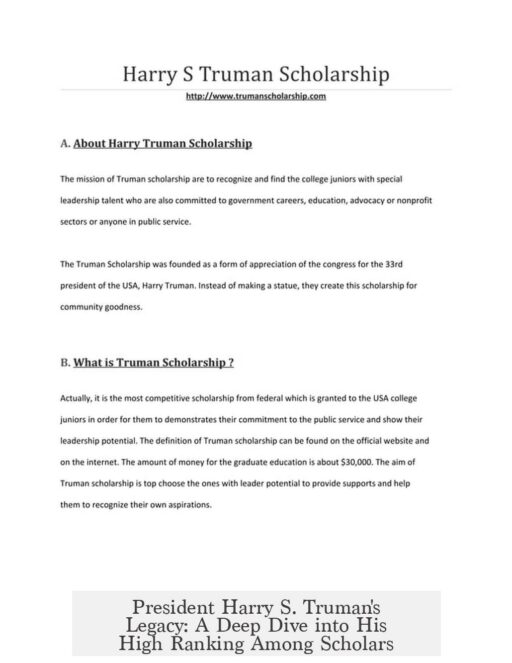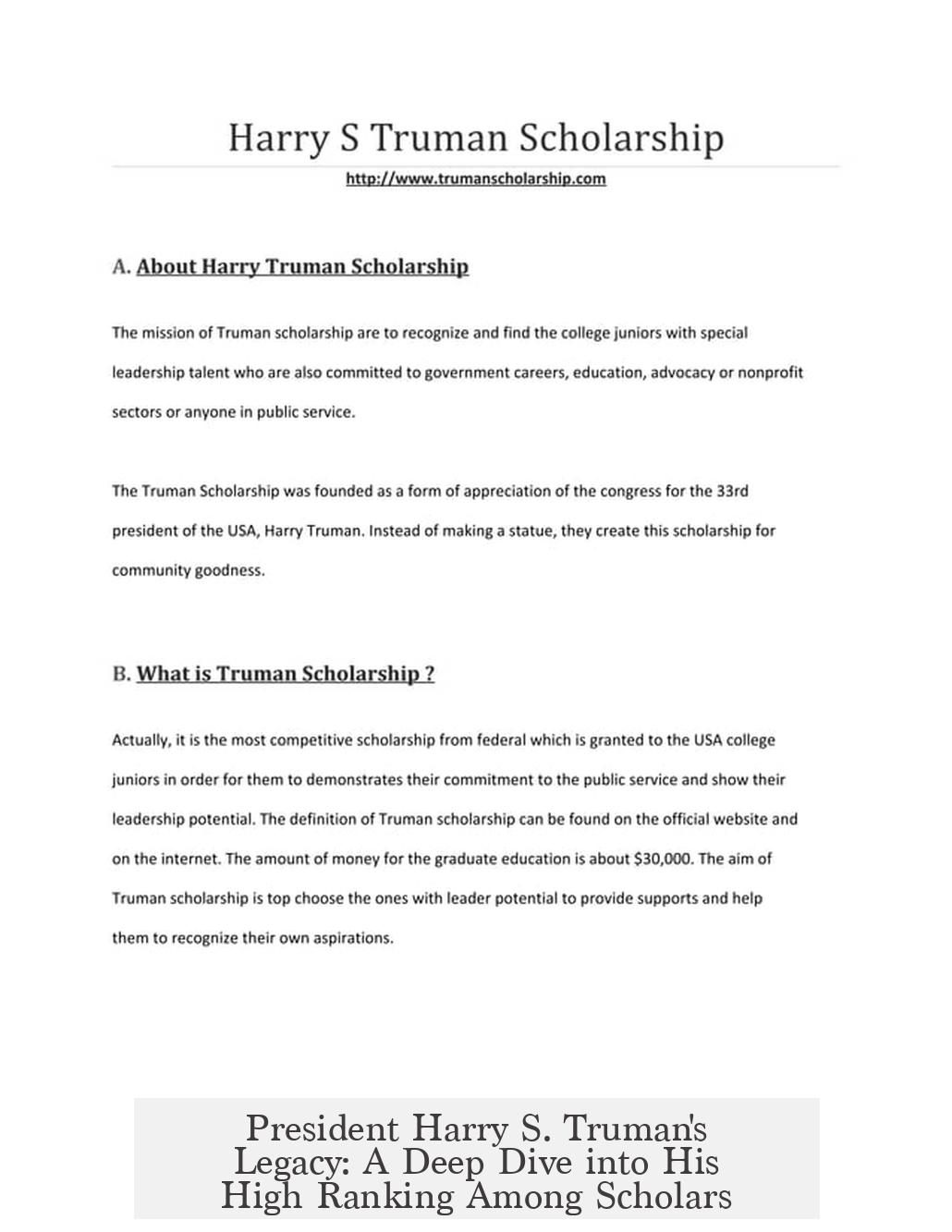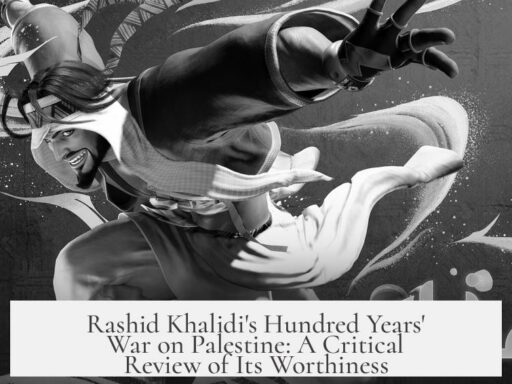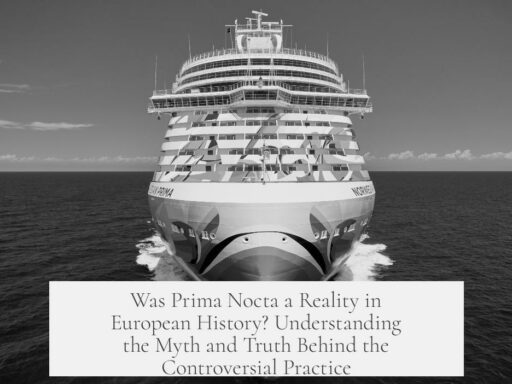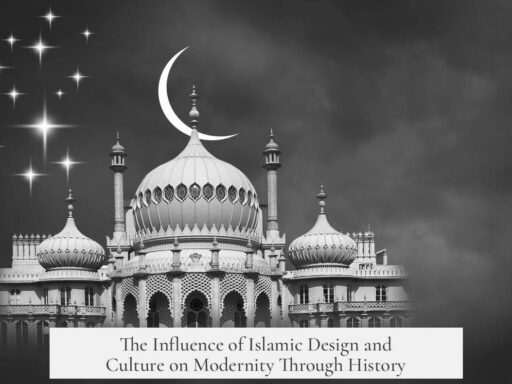President Harry S. Truman ranks highly among American scholars for his decisive leadership during a pivotal era marked by World War II’s end and the dawn of the Cold War. His presidency established foundational policies in international relations, maintained global peace without escalating into nuclear conflict, and advanced progressive domestic reforms.
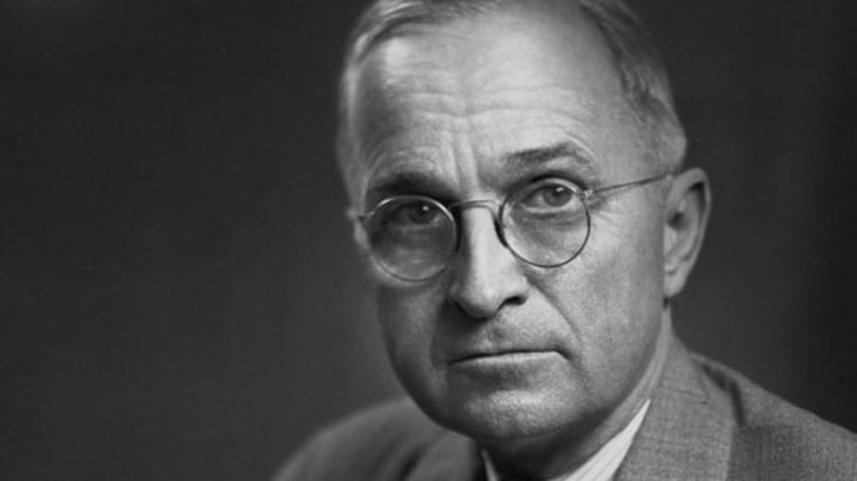
Taking office abruptly in April 1945 after Franklin D. Roosevelt’s death, Truman faced immediate challenges. Germany’s defeat was near, but the Pacific War continued fiercely. Truman’s leadership was critical in concluding World War II and managing a complex postwar environment, including navigating relations with the Soviet Union and shaping the peace process.
Truman participated in the Potsdam Conference in July 1945, focusing on securing a lasting peace unlike the failures after World War I. His policies avoided repeating past mistakes, setting groundwork for postwar global stability. Although some decisions, such as the division of Vietnam, are debated today, the successful occupations and rebuilding of Germany and Japan remain hallmarks of his tenure.
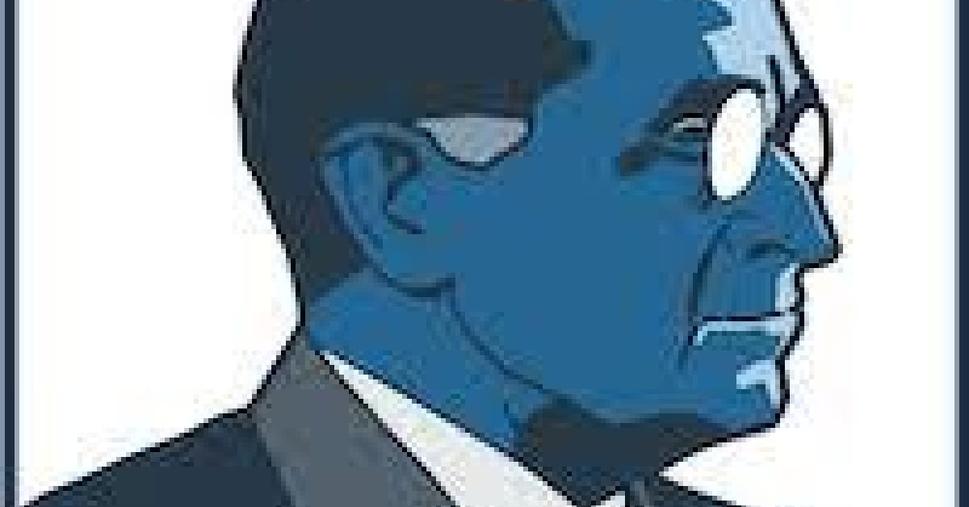
One of Truman’s signature contributions was the Marshall Plan, launched in 1948. This economic aid package provided $13 billion to rebuild war-ravaged Europe. It revitalized economies while curbing the spread of Soviet communism, reflecting Truman’s broader strategy to contain Soviet influence without direct military confrontation.
Truman’s presidency also marked the beginning of the Cold War. Scholars credit him for managing this new global tension with a mix of firmness and restraint. The Soviet blockade of West Berlin (1948–1949) posed a major crisis. Rather than escalate to war, Truman authorized the Berlin Airlift, supplying the city via air. This effort broke the blockade and preserved Western presence in Berlin, demonstrating strategic resolve without armed conflict.
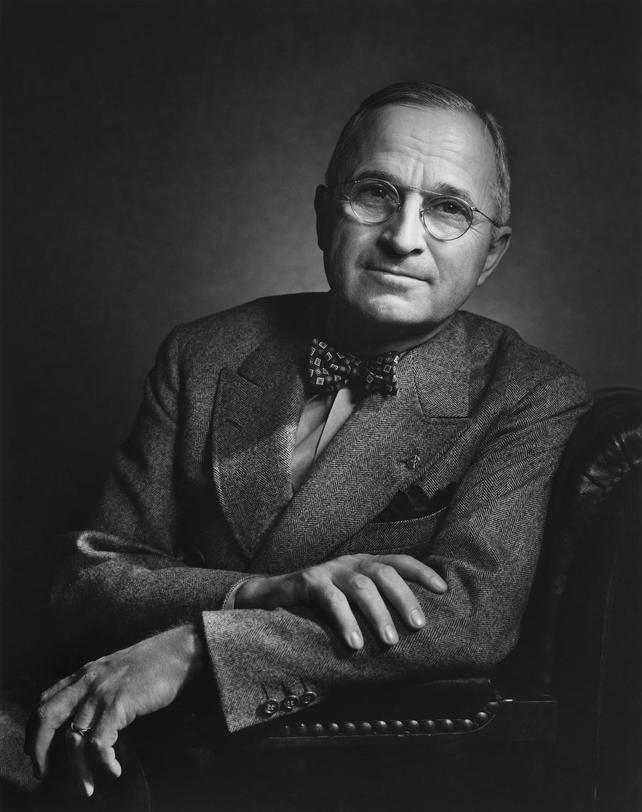
Truman’s doctrine introduced the policy of containment, which shaped U.S. foreign relations for decades. It committed the nation to supporting democratic countries threatened by communism through political, economic, and limited military aid. This represented a decisive shift from isolationism to active global leadership focused on democracy, capitalism, and free trade.
| Key International Achievements | Details |
|---|---|
| Marshall Plan (1948) | $13 billion in aid to rebuild European economies |
| Berlin Airlift (1948–1949) | Supplying West Berlin during Soviet blockade without war |
| Truman Doctrine | Containment policy opposing Soviet expansion |
| Founding NATO (1949) and UN (1945) | Established institutions promoting global peace and stability |
Truman’s cautious approach extended to nuclear weapons. Despite having atomic bombs, he refrained from using them during the Korean War, demonstrating his commitment to avoiding another world war. This restraint helped establish a nuclear taboo that influences U.S. policy today.
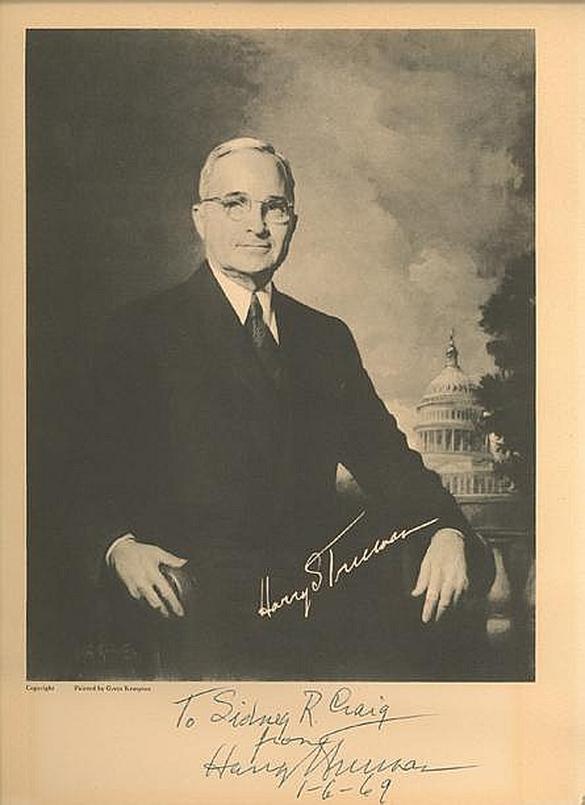
Domestically, Truman was progressive for his time. He advanced civil rights more than any president since the 19th century, pushing the Democratic Party toward a civil rights agenda that his successor, Lyndon B. Johnson, would fully implement. Truman’s decision to desegregate the armed forces in 1948 was a landmark move in American social history.
Truman championed left-wing policies and social welfare reforms. His attempts at universal health care did not succeed, but his presidency laid the groundwork for future policies. When Medicare was enacted decades later by LBJ, Truman and his wife Bess became the first recipients, symbolizing his enduring legacy in healthcare.
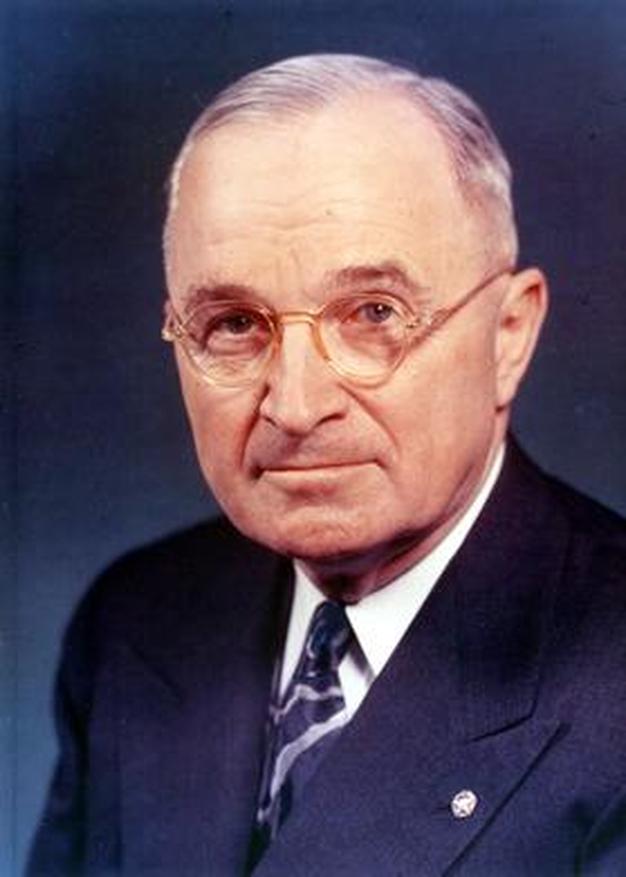
Historians view Truman as an “accidental president” who exceeded expectations. He inherited immense global power and used it to construct the liberal international order that persists today. From stabilizing a war-torn world to shaping modern American foreign and domestic policy, Truman’s presidency stands as a model of effective and pragmatic leadership.
- Truman’s leadership ended World War II and shaped postwar peace.
- He pioneered Cold War policies emphasizing containment and diplomacy.
- His administration avoided nuclear escalation during the Korean conflict.
- Advocated civil rights reforms, influencing future social progress.
- Instituted progressive domestic reforms and supported expanding welfare.
- Established NATO and supported the United Nations.
- Known for rising to challenges as an unexpected president.
Why is President Harry S. Truman Ranked So Highly Among American Scholars?
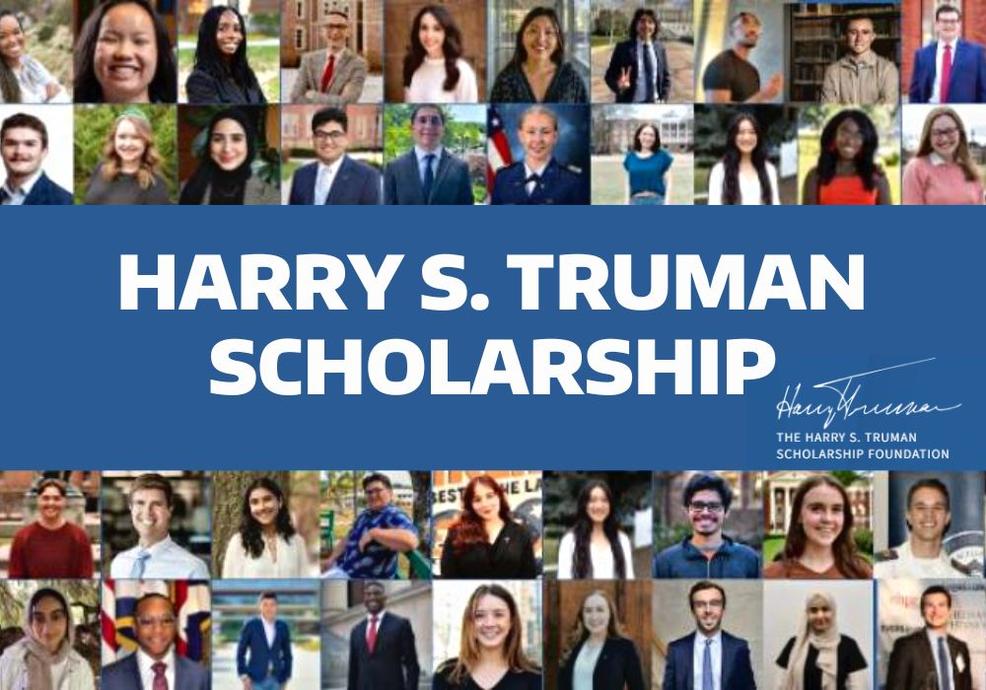
Simply put, Harry S. Truman is ranked highly because he steered the United States through a chaotic moment in history with steady hands, clear vision, and decisions that shaped the modern world. His presidency began at the crossroads of war and peace, with the weight of global responsibility landing squarely on his shoulders. Scholars admire him for his quick adaptation, bold policies, and effective leadership during a time when the stakes couldn’t be higher.
Let’s peel back the layers of his leadership to understand why Truman consistently earns top marks among historians and political experts alike.
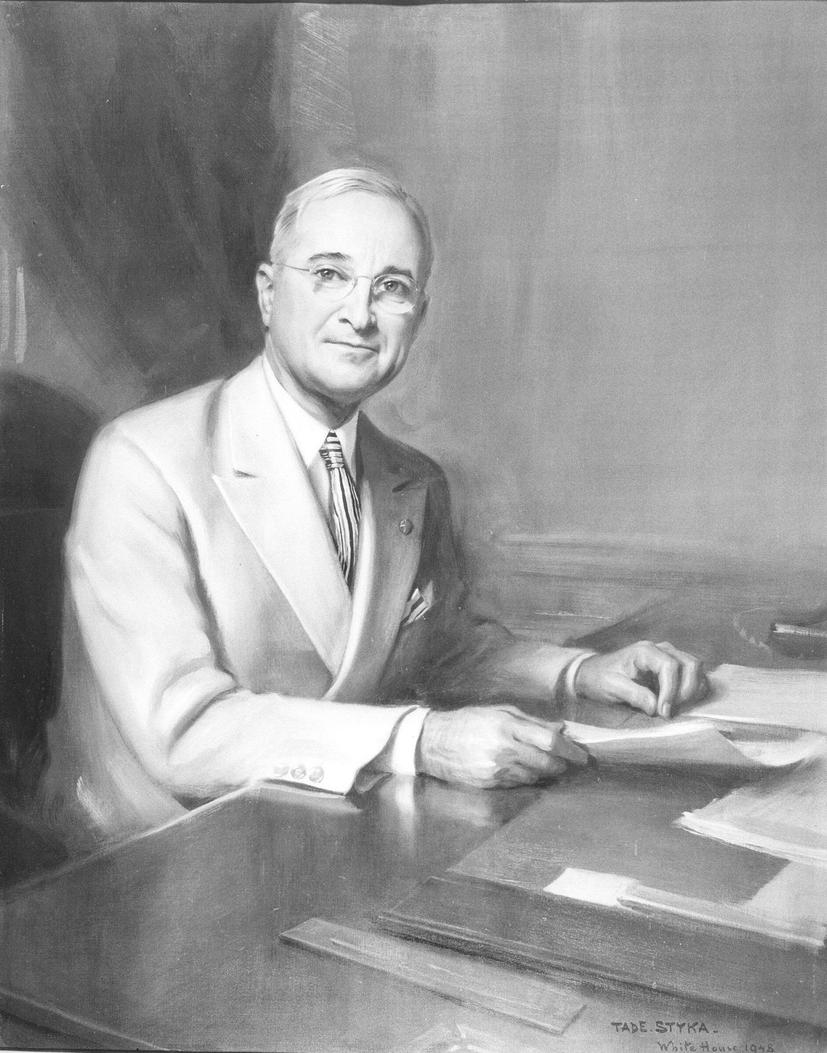
The Unforgiving Historical Context Truman Inherited
When President Roosevelt died in April 1945, Truman suddenly found himself at the helm during the closing days of World War II. Picture this: Europe was seeing the downfall of Nazi Germany, with Hitler’s death imminent and Victory in Europe Day just around the corner. The European theatre was winding down, but the war in the Pacific was still raging fiercely and unpredictably.
Truman didn’t have luxury of time to warm up. He had to make critical decisions fast. The looming question wasn’t just when the war would end, but how the post-war world would be shaped—and who would control that narrative.
Notably, right after his inauguration, Truman attended the pivotal Potsdam Conference in July 1945. There, the Allies laid the groundwork for lasting peace, determined not to repeat the mistakes after World War I—mistakes that had paved the way for the rise of the Nazis. Critics might point fingers at decisions like the division of Vietnam, but the broader outcome was remarkable: no World War III erupted, and the reconstruction of Germany and Japan stands as some of the most successful peacebuilding efforts in history. This peaceful transition bears Truman’s mark.
Bold Moves on the Global Stage: Defining the Early Cold War Era
Truman’s presidency wasn’t just about managing the end of one war—it was about navigating the birth of another tense global context: the Cold War. Different scholars debate exactly when the Cold War began—some say 1947, others right after Hitler’s defeat or after the first atomic bombings. Nonetheless, it was Truman’s policies and actions that set the stage for the U.S.-Soviet standoff that dominated decades. And he managed it without turning the Cold War into a hot war.
- The Marshall Plan: Signed in 1948, this $13 billion European recovery plan was a masterstroke. It rebuilt shattered economies and kept starving nations from falling into the Soviet camp. Think of it as Truman’s economic firewall against communism.
- The Berlin Airlift: When the Soviets blockaded West Berlin in 1948-49, many in the U.S. government pushed for military retaliation. Truman, however, chose a clever alternative: an airlift that delivered food and supplies for nearly a year, humiliating the Soviets when they eventually lifted the blockade. Imagine telling your enemy, “You can cut off the roads, but we’ll fly over them.” Bold and effective.
- The Truman Doctrine: This is a cornerstone of U.S. foreign policy that emerged directly from his administration. It promised American support to nations resisting communism. This doctrine launched America onto the global stage as a protective democratic power, breaking away dramatically from pre-WWII isolationism.
- NATO and UN: Truman oversaw the creation of NATO in 1949 and helped establish the United Nations in 1945, both institutions that continue to influence global peace efforts and safeguard U.S. interests.
Wins Without Nuclear War: An Exercise in Restraint
Truman’s decision not to use nuclear weapons during the Korean War is a defining moment in his legacy. This choice wasn’t easy. At the time, he’d seen the devastation caused by atomic bombs in Hiroshima and Nagasaki, and he deeply feared triggering a global nuclear catastrophe. His restraint established what scholars now call the “nuclear taboo” — an unspoken global norm that discourages the use of nuclear arms.
The United Nations itself, founded during his administration, was an emblem of his commitment to prevent another world war. So far, it’s been effective, thanks in no small part to Truman’s foresight.
Championing Civil Rights in a Divided Nation
Truman isn’t just a foreign policy hero. He also made notable strides on domestic fronts, particularly civil rights. In a country still wrestling with segregation and inequality, Truman was the most pro-civil rights president since Ulysses Grant. His executive orders to desegregate the military and his vocal advocacy laid groundwork that his successors, like Lyndon Johnson, would build upon with landmark legislation like the Voting Rights Act of 1965.
His 1948 reelection marked a turning point. Under his leadership, the Democratic Party began a historic shift away from states’ rights toward embracing human rights, capturing five consecutive election victories—a feat symbolic of the party’s renewed, progressive energy.
Left-Wing Policies and Domestic Challenges
Truman’s progressive agendas extended domestically, placing him alongside the greats like FDR and LBJ as one of the most left-leaning U.S. presidents. However, not all of his domestic ambitions succeeded. His veto of the Taft-Hartley Act, meant to limit labor unions, was overridden by Congress, and his attempts to introduce universal healthcare fell short.
Fun fact: Truman and his wife Bess later became the first recipients of Medicare when LBJ finally signed it into law—a small circle of progress crowning a long journey.
The Accidental President Who Defined an Era
When Truman took office, he reportedly said, “It felt like the moon, the stars, and all the planets had fallen on me.” And boy, did they. His presidency came unexpectedly but proved remarkably effective. Among the few “accidental presidents” who rose to the challenge, Truman arguably outperformed many, harnessing the unparalleled power of the U.S. to establish a new world order.
He built frameworks that still govern global politics today—alliances, institutions, policies. The liberal international order, the rules of engagement, the very idea of America as a defender of democracy and capitalism—all bear his fingerprints. That is why historians rank him so highly. He didn’t just hold the line; he shaped the future.
What Can We Learn From Truman Today?
Should modern leaders look to Truman for inspiration? Absolutely. His mix of toughness and caution, vision and pragmatism, and his willingness to make tough decisions under pressure are qualities any leader would envy.
In an era when swift judgment can make or break nations, Truman’s legacy reminds us: calculated restraint can prevent catastrophe. Bold innovation in policy can rebuild worlds. And standing firm on principles, like supporting democracy and civil rights, pays dividends for generations.
Looking back, how many presidents faced more daunting decisions? A world emerging from total war, a cold war suddenly freezing global relations, domestic unrest threatening the country’s moral fabric? Truman stepped into those vast shoes and marched forward—not to perfect glory, but significant, lasting impact.
Final Thoughts
So, why is President Harry S. Truman ranked so highly among American scholars? Because he masterfully navigated the transition from devastating war to precarious peace, crafted the foundational policies of the Cold War era, avoided nuclear catastrophe, pushed civil rights forward, and reshaped American foreign and domestic policy.
He wasn’t perfect, but few leaders have tackled so much under so much pressure with such clarity of purpose. Truman’s presidency teaches us about leadership in crisis, the power of decisive yet cautious action, and the value of standing firm on democratic ideals.
Not a bad résumé for a president who felt like he was hit by the moon and stars the moment he took office.
